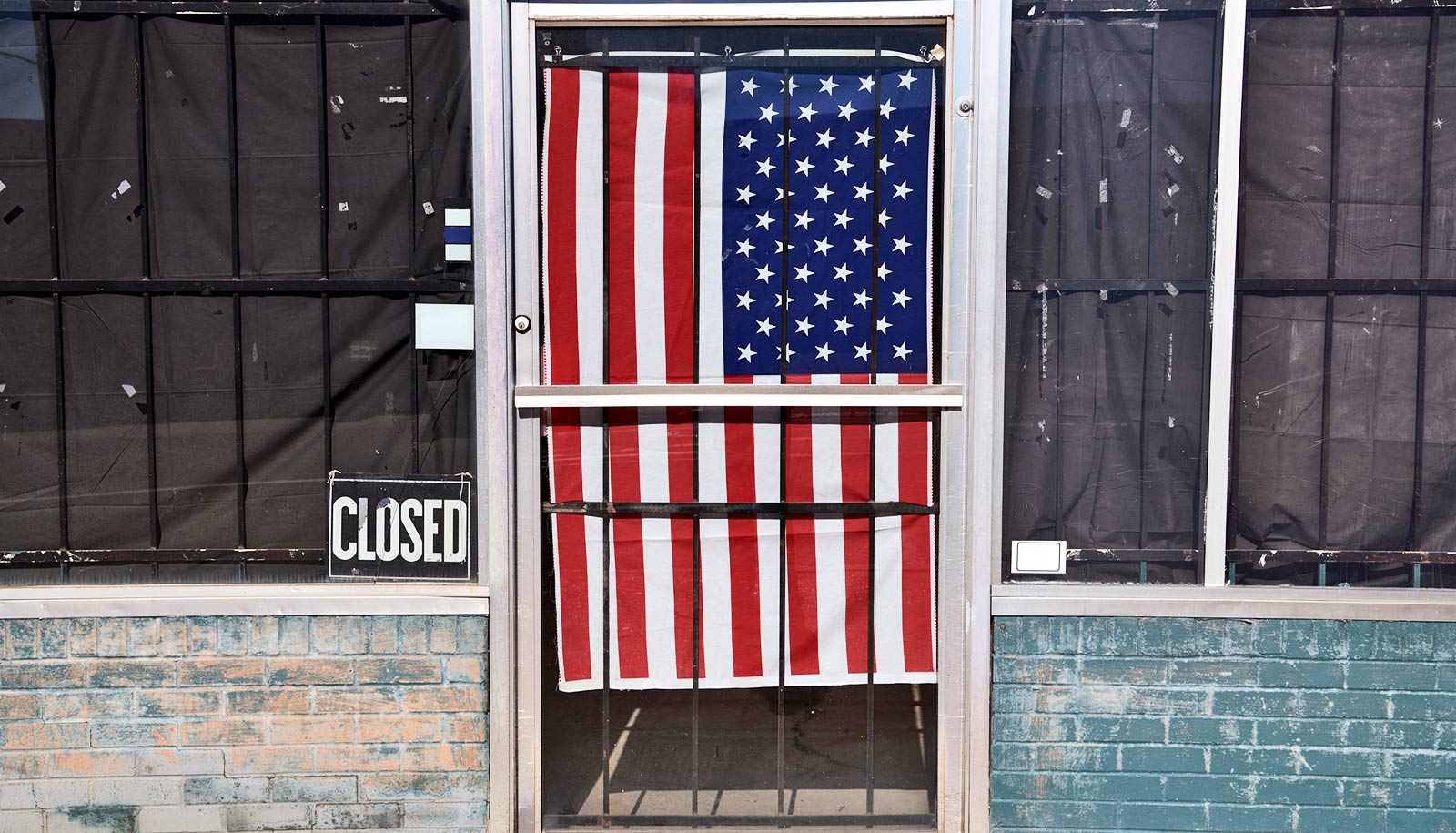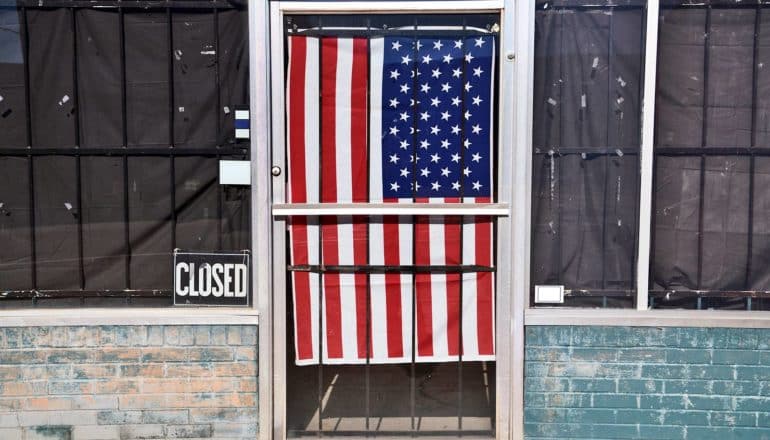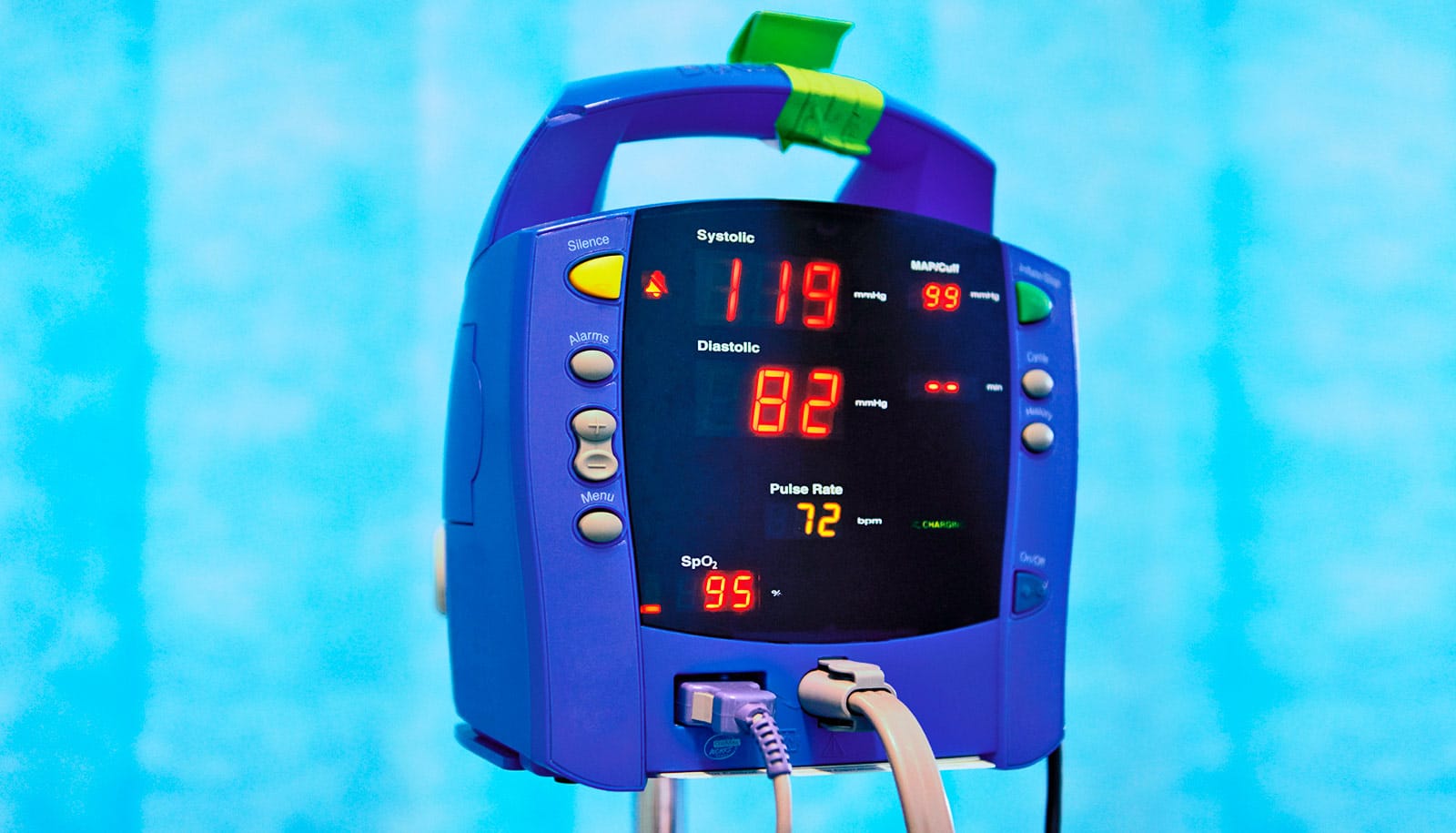
(Credit: Getty Images )
Pros and cons for rural America in coronavirus pandemic
Is rural America more or less safe from the coronavirus pandemic? Two public health experts identify some advantages and disadvantages.

Is rural America more or less at risk from the coronavirus?
As the virus spreads across the United States, larger cities like New York and Seattle are dealing with increasing numbers of infections and deaths daily.
However, less populated rural areas are not immune from the disease, say two public health experts at Washington University in St. Louis and controlling it in rural America presents a unique set of challenges.
“On the positive side, social distancing is easier in rural settings due to low population density,” says Ross Brownson, professor at Washington University in St. Louis’ Brown School.
“Lower proximity to international airports likely reduces risk from travel-related transmission and there are outdoor spaces for individuals to walk and spend time in nature,” he says.
On the challenging side, rural populations are at higher risk due to their sociodemographics and health, Brownson says.
“Rural Americans are older on average, with more chronic conditions like heart disease, diabetes, obesity,” he says.
“In addition, the digital divide is greater, with less access to high-speed internet that generally will become more important when people are spending time ‘safe at home,'” he says. “And in general, people in rural areas experience more issues with access to quality medical care and good health insurance.”
Rural communities have faced slow economic growth in recent years and have higher numbers of residents without health insurance and access to quality health insurance from employers than their urban counterparts, says health economist Tim McBride, professor at the Brown School.
“In general, while rural people often have decent access to primary care, there is often less access to specialists and a lower supply of hospitals,” McBride says.
“Recent closures of rural hospitals and nursing homes across the country will create challenges as rural people need access to hospitals near them,” he says. “Rural people, who generally have lower incomes and higher poverty rates, may face higher out-of-pocket costs for prevention and treatment of COVID-19, given that the health insurance they tend to hold requires higher copayments.”
In addition, Brownson says, rural residents have greater travel distances to health care and live in areas where it is probably less likely for local government to impose social distancing and other control measures.
Source: Washington University in St. Louis
The post Pros and cons for rural America in coronavirus pandemic appeared first on Futurity.
Share this article:
This article uses material from the Futurity article, and is licenced under a CC BY-SA 4.0 International License. Images, videos and audio are available under their respective licenses.
Related Articles:
ICU beds are scarce in low-income areas
Aug. 4, 2020 • futurityHospital support staff face far higher COVID risk
Nov. 5, 2020 • futurityLinks/images:
- https://www.futurity.org/distant-socializing-social-distancing-covid-19-2312002/
- https://source.wustl.edu/experts/ross-brownson/
- https://source.wustl.edu/experts/timothy-mcbride/
- https://www.futurity.org/hospitals-prepare-for-covid-19-2309432-2/
- https://source.wustl.edu/2020/03/washu-experts-coronavirus-challenges-facing-rural-america/
- https://www.futurity.org/rural-america-coronavirus-2318592-2/
- https://www.futurity.org


